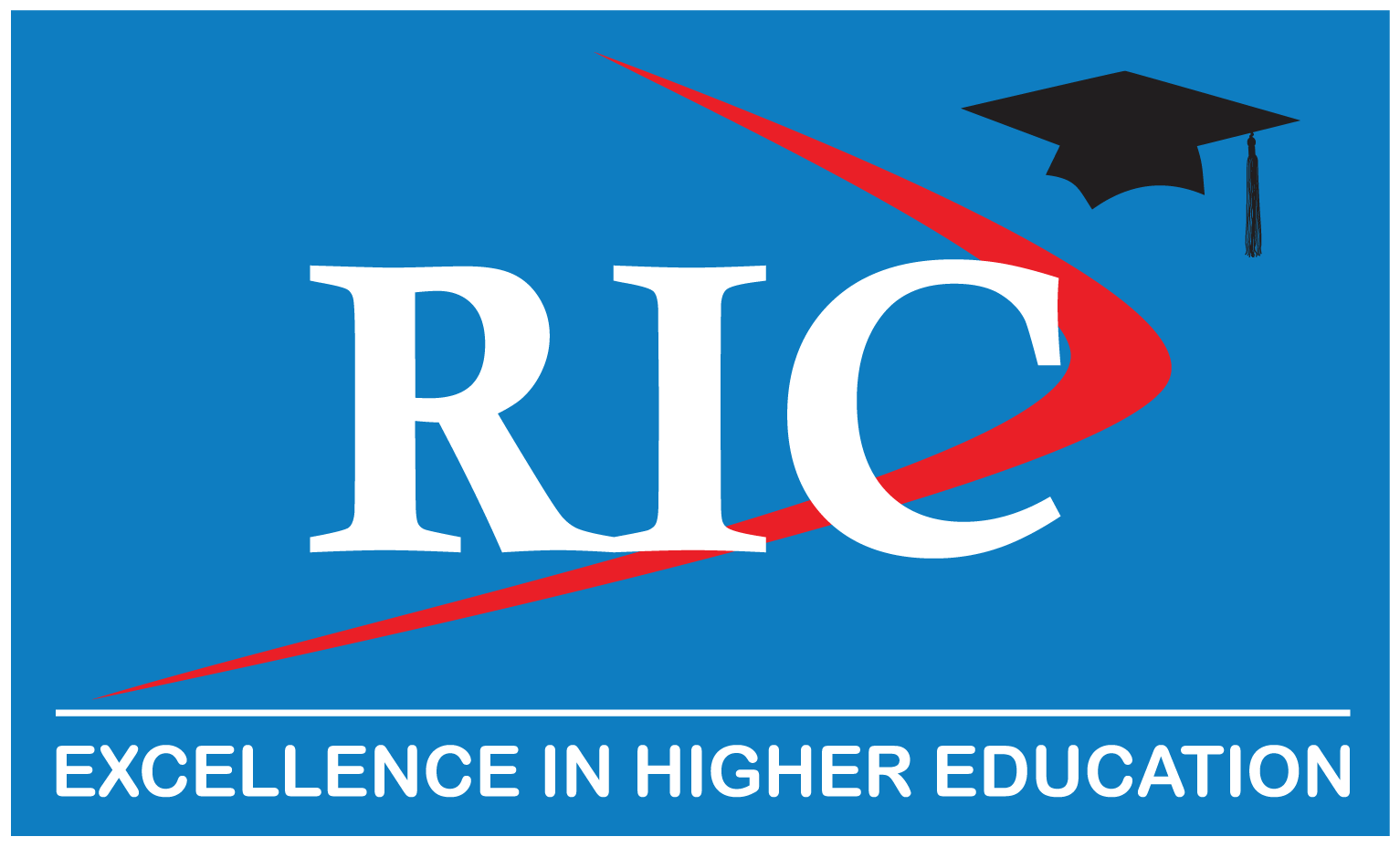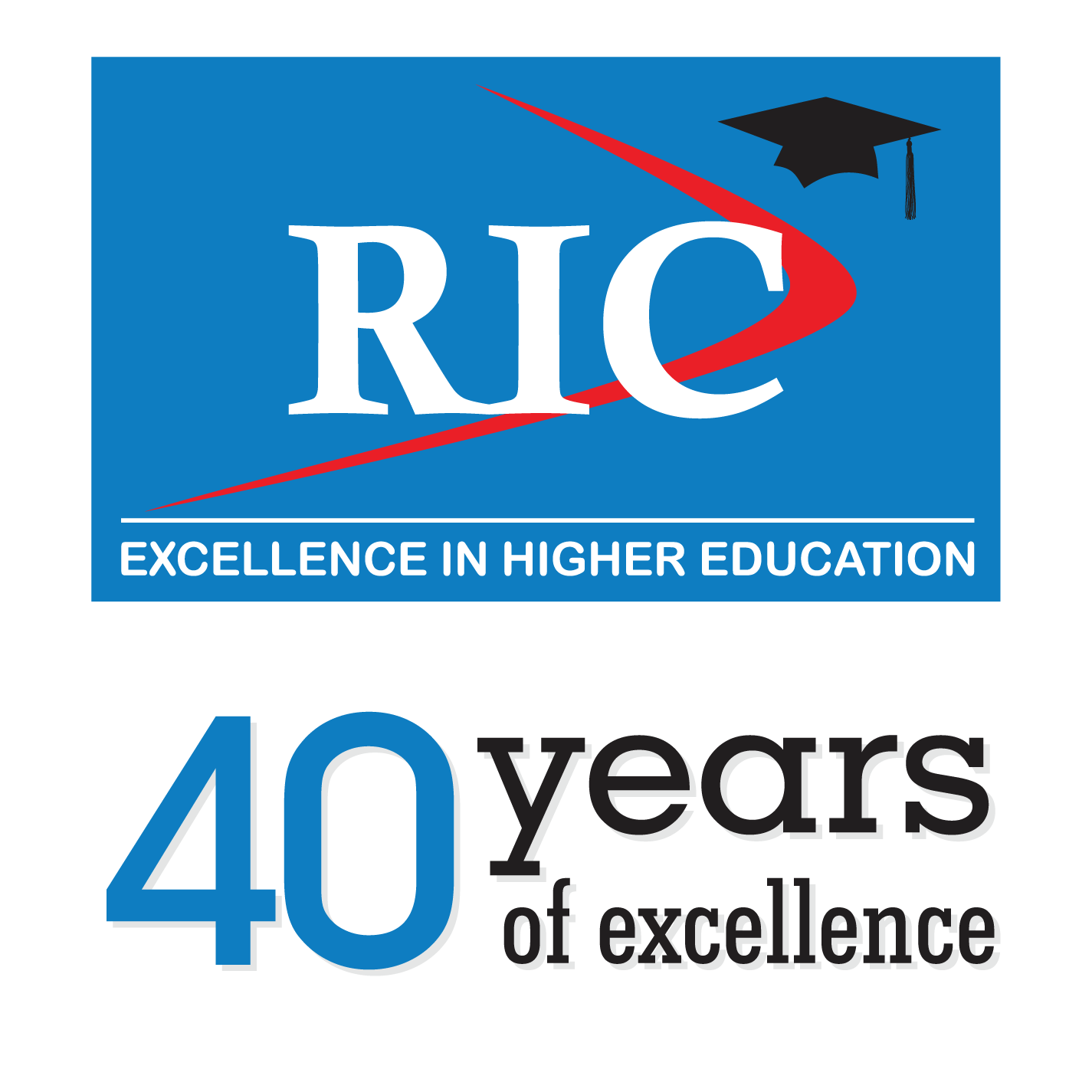Accreditation, Curriculum, and Faculty: The Pillars of a Psychology Degree at RIC
By: Heshini Abeysundara (BSc (Hons) psychology – Final year)
 When selecting a university programme, three terms often come up: accreditation, curriculum, and faculty. These are not just academic jargon—they are the pillars that define the quality and credibility of any academic experience. For students pursuing higher education, especially in fields as critical and evolving as psychology, understanding what these terms truly mean and why they matter is essential.
When selecting a university programme, three terms often come up: accreditation, curriculum, and faculty. These are not just academic jargon—they are the pillars that define the quality and credibility of any academic experience. For students pursuing higher education, especially in fields as critical and evolving as psychology, understanding what these terms truly mean and why they matter is essential.
At the Royal Institute Campus (RIC), students following the University of London BSc Psychology programme, academically directed by King’s College London, benefit from these three foundational elements working in harmony to create a world-class educational experience.
Accreditation: Ensuring Global Standards and Opportunities
Accreditation is not merely a bureaucratic stamp; it is a formal recognition that a programme meets rigorous academic standards, ethical guidelines, and structural benchmarks set by reputable educational authorities.
At RIC, accreditation carries the weight of the University of London’s global credibility, with King’s College London directing the programme. This affiliation ensures that every course module, exam, and assessment is benchmarked against international standards.
What does this mean for students?
- Degrees that are recognised worldwide.
- Opportunities for postgraduate study across the globe.
- Greater access to international career pathways and professional certification.
This strong foundation assures students that their academic journey at RIC is not only valid locally but competitive globally.
Curriculum: Shaping the Learning Experience
While accreditation guarantees quality, the curriculum determines what students actually learn and how they learn it. A well-designed curriculum blends scientific rigour with practical relevance, ensuring graduates are equipped to thrive both academically and professionally.
Core Foundations
The BSc Psychology at RIC introduces students to the scientific heart of psychology through modules such as:
- Biological Psychology
- Developmental Psychology
- Cognitive Psychology
- Research Design and Statistics
These form the analytical and methodological base of the discipline.
Exploring Diverse Dimensions
Students also engage with subjects that broaden their perspective:
- Philosophy of Psychology
- Application of Psychology
- Mental Health Around the World
- Gender and Mental Health
- Forensic Psychology
This diversity ensures students understand psychology in scientific, ethical, social, and cultural contexts.
Skill Development and Practical Learning
The curriculum embeds academic and professional skill-building, including:
- Research methodology
- Data analysis
- Report writing
- Ethical reasoning
Practical learning comes alive through research projects, group assignments, and presentations, pushing students to apply theory to real-world contexts.
Cultural Relevance
A unique strength of RIC’s curriculum is its regional integration. Classroom discussions and assessments often explore issues relevant to Sri Lanka and South Asia, particularly mental health. This equips students with the ability to apply psychological knowledge in both global and local settings.
Faculty: Mentors Who Shape Minds
No matter how strong a curriculum or accreditation is, the faculty ultimately bring learning to life. At RIC, psychology lecturers are not just educators; they are mentors, researchers, and practitioners who combine theory with lived experience.
Academic and Professional Expertise
The faculty includes:
- Professionally qualified lecturers
- Clinical practitioners
- Research-active educators
This mix ensures that students benefit from both cutting-edge knowledge and real-world applications of psychology.
Accessible Mentorship
What sets RIC apart is the accessibility of its faculty. Students are encouraged to:
- Question and debate ideas
- Engage actively in discussions
- Seek personalised guidance on academics and careers
This mentorship culture transforms students from passive learners into active participants in their academic growth.
Minds in Motion: Learning Beyond the Classroom
One of the most impactful faculty-led initiatives is the Minds in Motion Outreach Project. This project immerses students in community-based experiences, working with groups such as:
- Street-based sex workers
- Transgender individuals
- Substance rehabilitation patients
- Residents at the National Institute of Mental Health (NIMH)
These experiences are not symbolic—they are carefully designed, ethically grounded opportunities that deepen students’ understanding of the human experiences behind psychological theory. Faculty play a key role in debriefing and connecting these experiences back to classroom learning.
Research, Advocacy, and Professional Role Models
RIC’s faculty also lead by example. They are engaged in research, conferences, and mental health advocacy, modelling professionalism and lifelong learning. By observing their lecturers, students absorb values of ethics, critical thinking, and social responsibility, which are crucial for future psychologists.
The Interwoven Pillars of a Meaningful Education
Accreditation, curriculum, and faculty are not isolated components—they are interconnected pillars that define a meaningful university experience.
At RIC, these three elements come together to create an environment that is:
- Globally benchmarked through the University of London affiliation.
- Academically rigorous and practically relevant through its curriculum.
- Supportive and inspiring through dedicated faculty.
For psychology students, whose future work may influence mental health policy, therapeutic practice, organisational behaviour, or education systems, this foundation is invaluable.
RIC’s BSc Psychology programme ensures that graduates are not only well-educated but also well-prepared to thrive in both academic and applied settings, locally and internationally.

